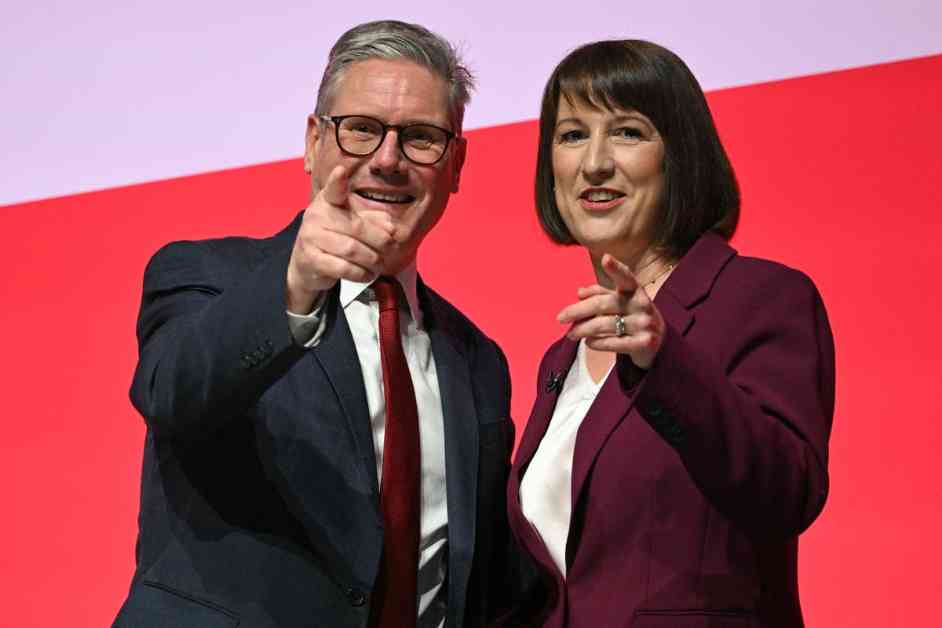The upcoming election remains a close race, with both Trump and Harris vying for voters’ attention. To cover the latest developments, independent journalists need your support. The Independent, a trusted news source for millions, relies on reader contributions to fund in-depth reporting and analysis without paywalls.
Sir Keir Starmer, leader of the Labour Party, has pledged not to break the party’s promise of raising taxes on working individuals. However, concerns are growing about potential stealth taxes to support increased funding for the National Health Service (NHS). In response, Prime Minister Rachel Reeves is preparing to unveil a significant investment in the NHS, alongside comprehensive reforms.
Labor Together, a prominent think tank, is crafting a strategy for Labour’s success in the next election, focusing on key issues like healthcare and the cost of living. The pressure is mounting on Chancellor Reeves to identify £40 billion in savings and tax hikes to maintain financial stability. Reports suggest that freezing income tax thresholds and implementing new wealth taxes could lead to an exodus of millionaires from the UK.
While freezing tax thresholds may generate additional revenue through fiscal drag, there are concerns about its impact on the economy and the wealthy population. Chancellor Reeves is contemplating various tax hikes, including adjustments to capital gains tax and inheritance tax thresholds. These measures have sparked debates about the potential consequences, such as a mass exodus of millionaires from the UK.
Former Tory leader Sir Iain Duncan Smith cautioned against policies that could drive wealthy individuals out of the country, emphasizing the importance of maintaining a competitive tax environment. The potential departure of 500,000 millionaires from the UK by 2028 raises questions about London’s status as a global financial hub. Calls to safeguard the UK’s tax and regulatory framework to retain high-net-worth individuals have been echoed by prominent figures like Nadhim Zahawi.
Recent data revealed that a significant number of individuals earning between £100,000 and £125,140 annually could fall into a 60% tax bracket, leading to financial challenges for this demographic. As the government grapples with fiscal decisions ahead of the upcoming Budget announcement, the implications of tax policies on economic competitiveness and wealth retention remain in focus.












